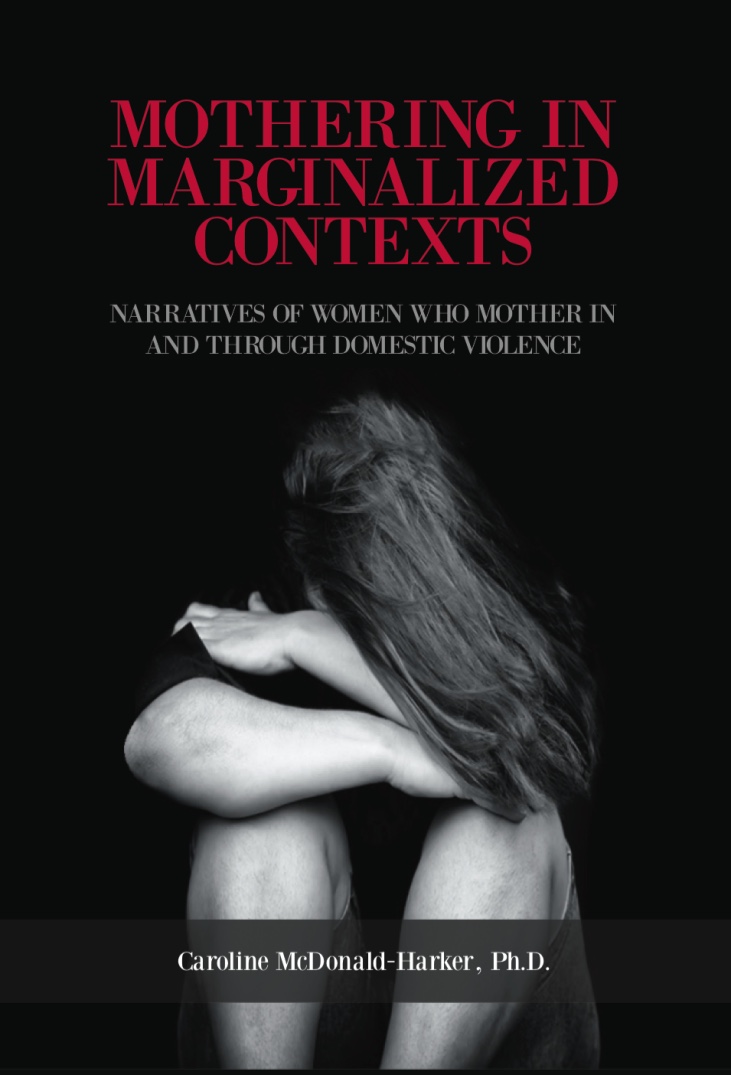
Price: $34.95
Page Count: 294
Publication Date: February 2016
ISBN: 978-1-77258-011-2
“This study is innovative and of great value in presenting complex, nuanced, agentic and diverse subjectivities of mothers who have experienced domestic abuse. In qualitatively studying and giving space to the voices of mothers who have experienced abuse, the book addresses an intersection under-explored in the field. By exploring their resistances to, and rejections of, dominant discourses of motherhood, this text provides rare narrative portraits of mothers who have endured abusive relationships. This book should be read by academics as well as activists, by anyone who seeks to understand the lived realities and subjectivities of mothers who live in, or have survived abuse. Finally, and perhaps most significantly, the book will be a valuable resource for mothers who have themselves suffered abuse, affording a venue for them to see themselves represented as subjects, not merely statistical samples or passive objects.”
—Rebecca Bromwich, Ph.D., LL.B., LL.M., Instructor, Department of Law and Legal Studies, Carleton University, Ottawa
Acknowledgments
Preface
The Journey of “Mothering in Marginalized Contexts”
Introduction
The Dominant Ideology of Intensive Motherhood, the Discourse of the “Good Mother” and the “Bad Mother”, and Mothering in the Context of Domestic Violence
Chapter 1
Mothering in the Social Context of Domestic Violence: What We Know and Don’t Know
Chapter 2
Women’s Narratives and Experiences of Mothering in Domestic Violence – From Their Voices
Chapter 3
Abused Women’s Knowledge and Understandings of the Dominant Ideology and Discourse of Motherhood
Chapter 4
Abused Women’s Subjective Constructions of their Mothering Identities: The Influence of the Dominant Ideology of Intensive Motherhood and the Discourse of the “Good Mother” Versus “Bad Mother”
Chapter 5
Abused Women’s Mothering Identities - Intersections of Gender, Race, and Social Class
Conclusion
From Marginalized Mothering to Empowered Mothering
Bibliography
Dr. Caroline McDonald-Harker is a Sociologist and an Assistant Professor in the Department of Sociology & Anthropology at Mount Royal University in Calgary, Alberta. She received her PhD in Sociology from the University of Alberta (2011), MA in Sociology from McGill University (2002), and BA Honours in Sociology from Queen’s University (2001). Caroline is the mother of 3 young children. Her areas of expertise include: the sociology of motherhood/mothering, gender, family, domestic violence, disasters, social inequality, social policy, and qualitative research methods. She is a contributing author to Criminalized Mothers, Criminalizing Mothering (Demeter 2015) and the co-editor of upcoming Demeter Press edited collection book Mothering in Disasters/Mothering Disasters. She is currently conducting a 3-year study on the impact of disasters on the family (with a focus on mothers and mothering) funded by a SSHRC Partnership Development Grant.


